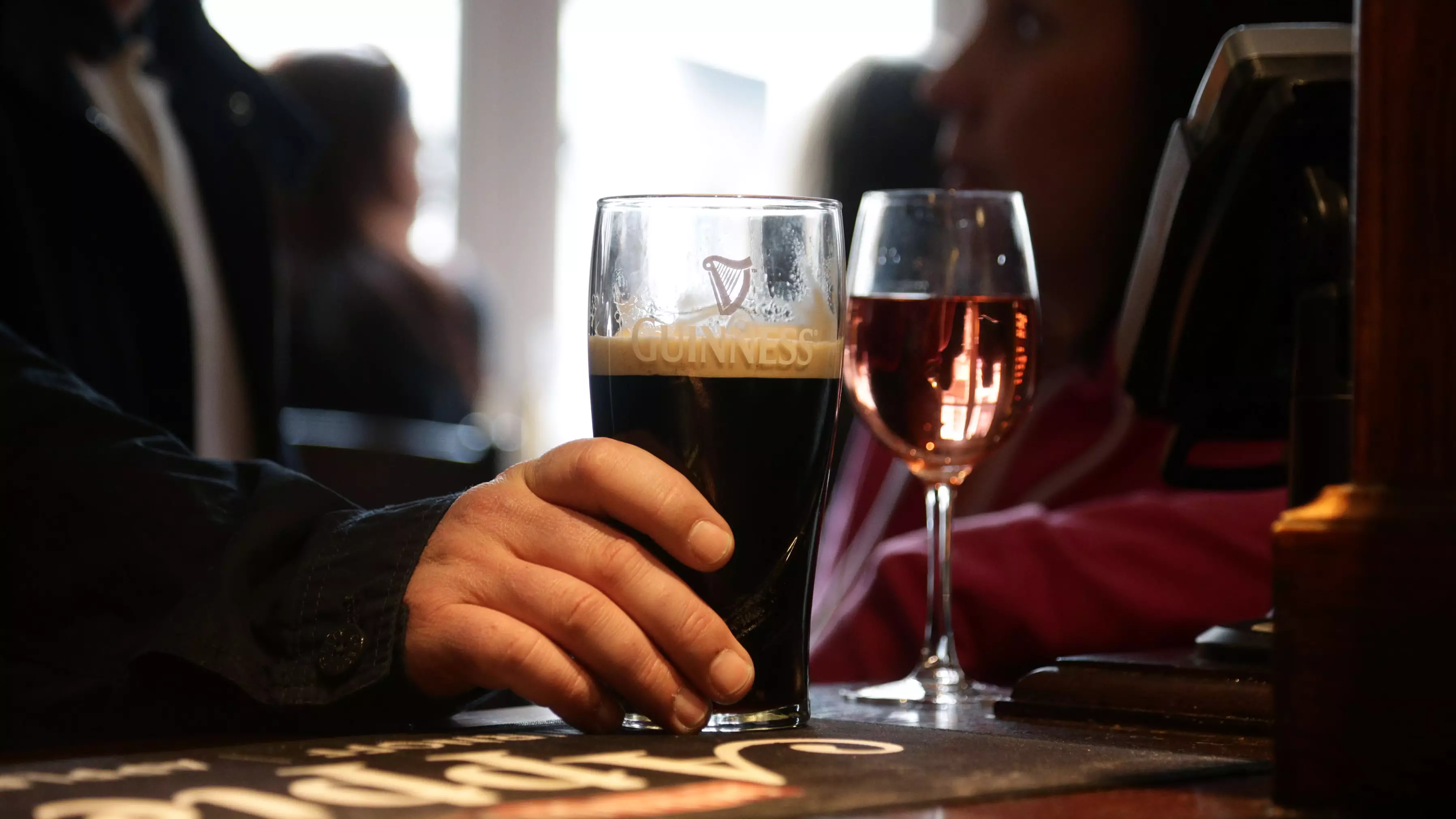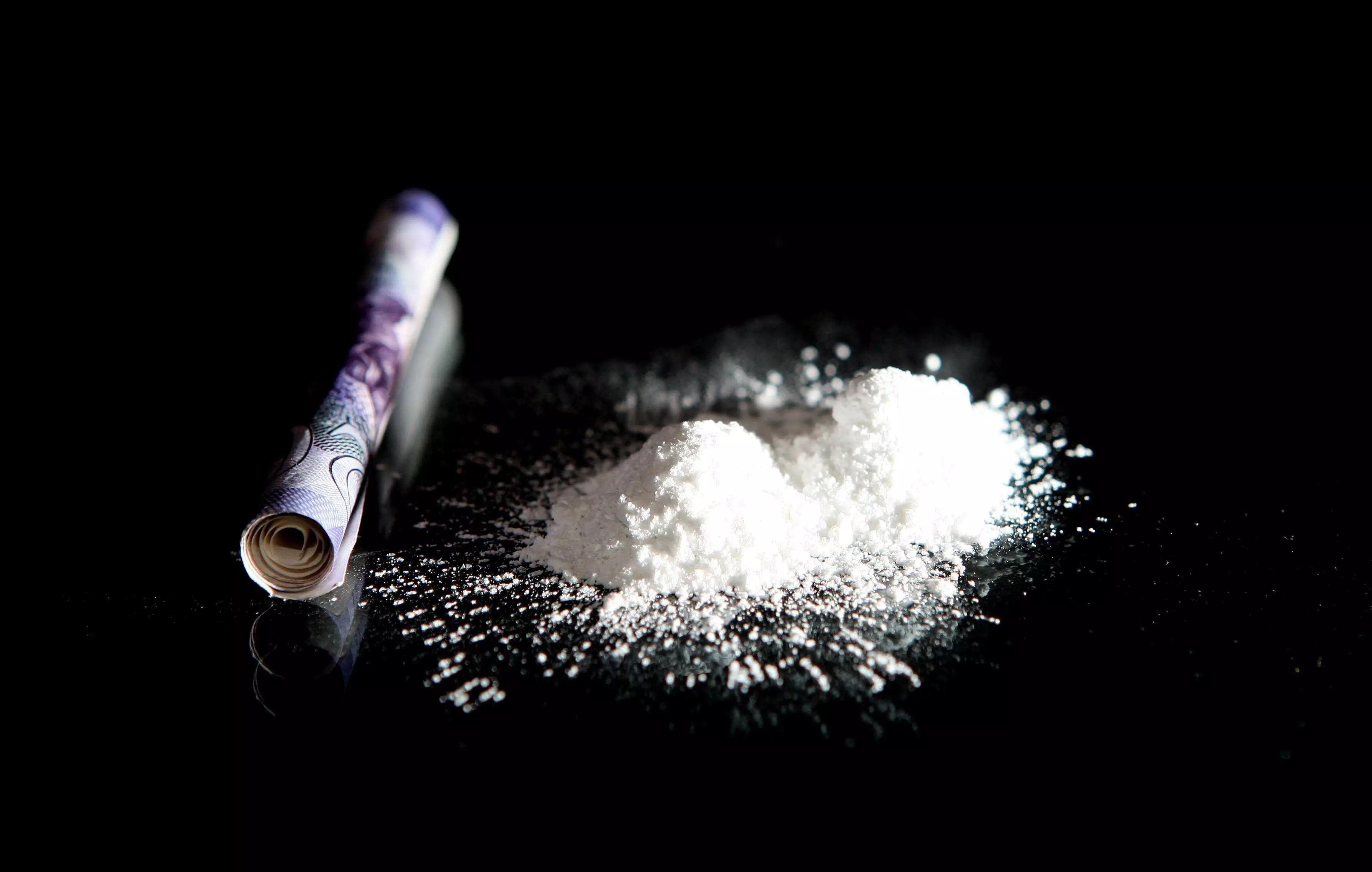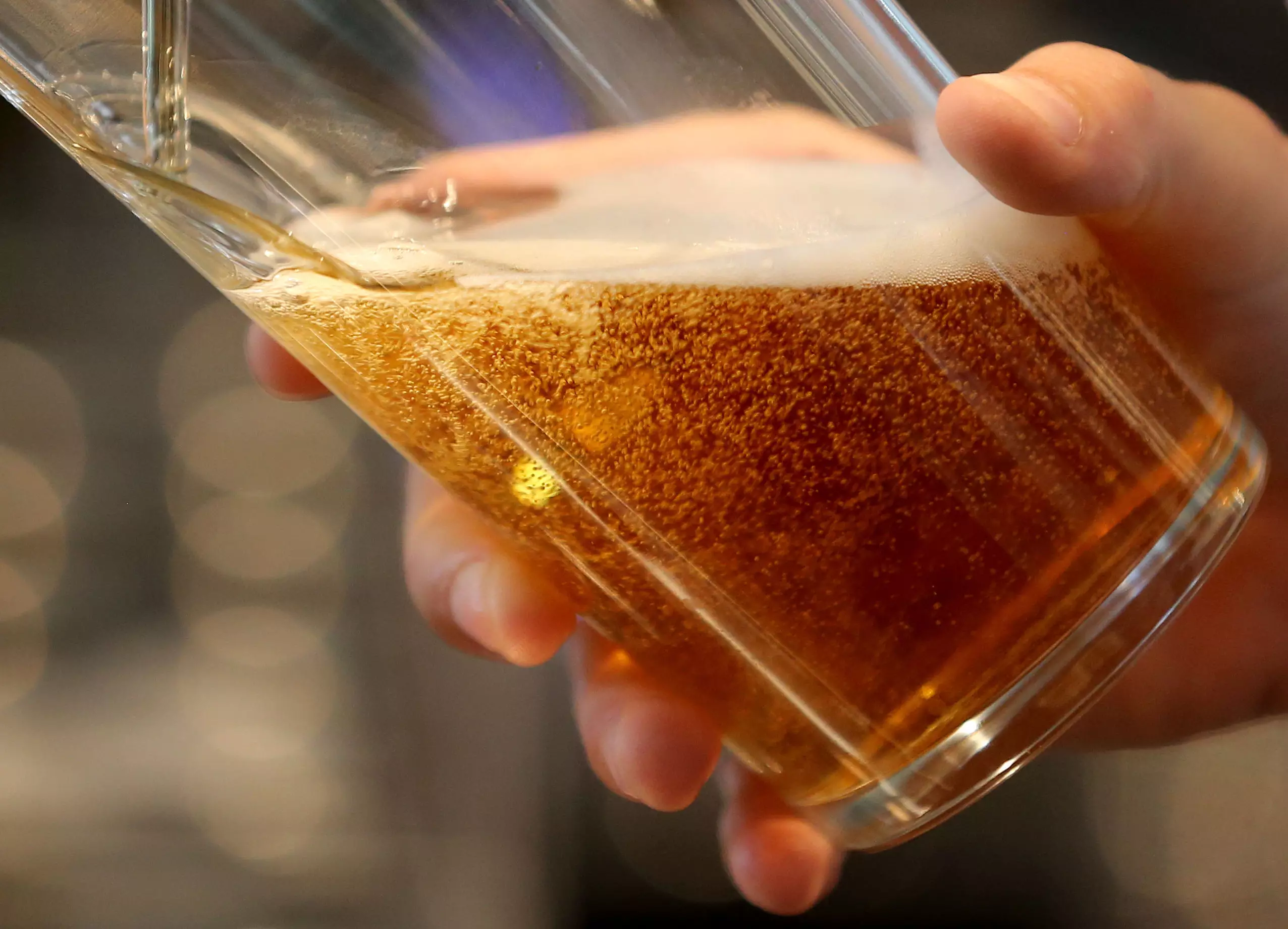
A study has found that drinking alcohol can make a person more vulnerable to developing a cocaine addiction.
Researchers from Columbia University Medical Centre found that people who had an early exposure to alcoholic drinks can end up going on to harder substances.
When alcohol is drank over a longer period of time it leads to the breakdown of two protein which act as a block in the brain's 'reward circuit'. This so-called 'reward circuit' released dopamine - which makes you feel good - when they are activated by stimuli, in this case, drugs. Science.
Previous research has found that alcohol and cigarettes are often 'gateway' substances to stronger drugs, but the scientists behind this study wanted to know more about the biology of what causes 'gateway drugs' to lead to cocaine addiction.

Credit: PA
Advert
Dr Denise Kandel, professor of sociomedical sciences at Columbia University, said: "The gateway drug hypothesis is based on the observation that when kids get involved in drugs, they follow certain developmental sequences in which they use certain drugs prior to the use of other drugs.
"The issue is - what mechanism accounts for the fact that the use of one drug increases the risk of use of another?"
The study used rats to see how alcohol breaks-down the protein - called histone deacetylases 4 and 5 - in the area of the brain that forms the 'reward circuit'. The researchers then looked at the 'cocaine-seeking behaviours of the rats'. Anyone else really intrigued by cocaine-seeking, pissed rats?
They split the rats into two groups - one group was given alcohol 10 days before being given cocaine, the second group was give water.

Credit: PA
Advert
Study author Dr Edmund Griffin, an assistant professor of Clinical Psychiatry at Columbia University, said: "We found that the animals in the alcohol priming group had enhanced behavioural responses.
"We looked not only at how much cocaine they used but also will they continue to use a drug, even if they have a negative consequence - like a foot shock."
The rats with the longer-term exposure to booze were more persistent when it came to seeking out the cocaine - on average they pressed the leer to release the drug 58 times during the experiment, whereas the alcohol-free rats hit it 18 times.
Dr Griffin added: "Our study helps us to understand how an early exposure to something like alcohol can actually tip the balance and increase a person's ability to develop addiction."
Advert
Source: Science Advances
Featured Image Credit: PA